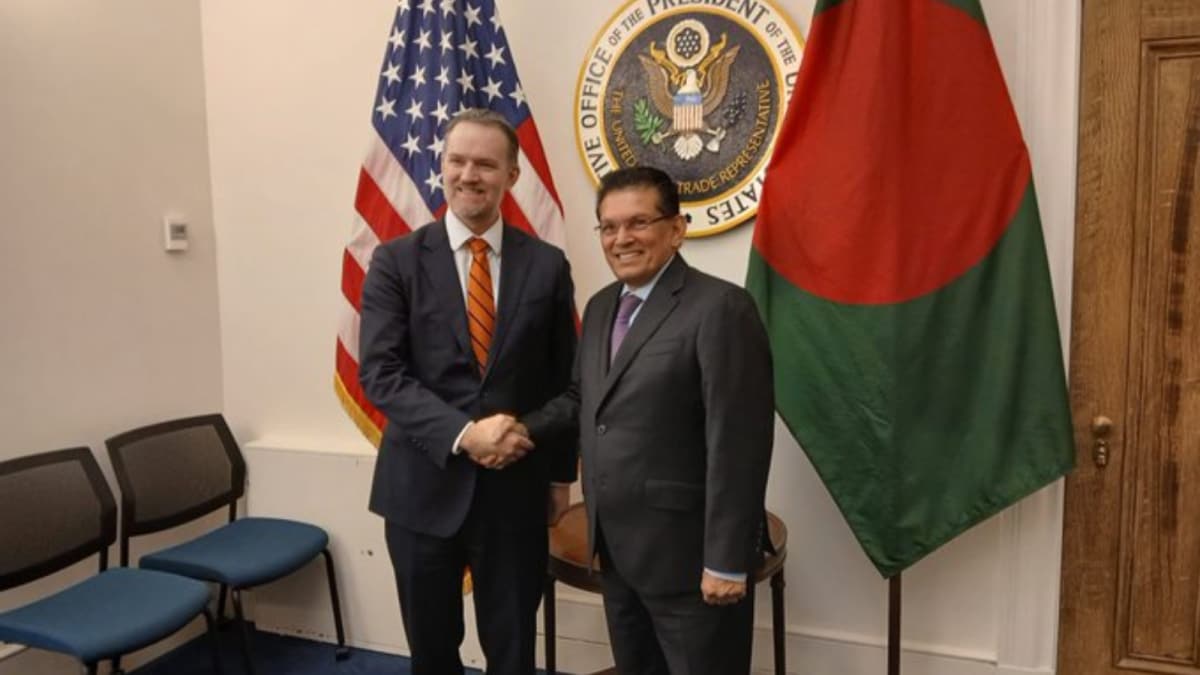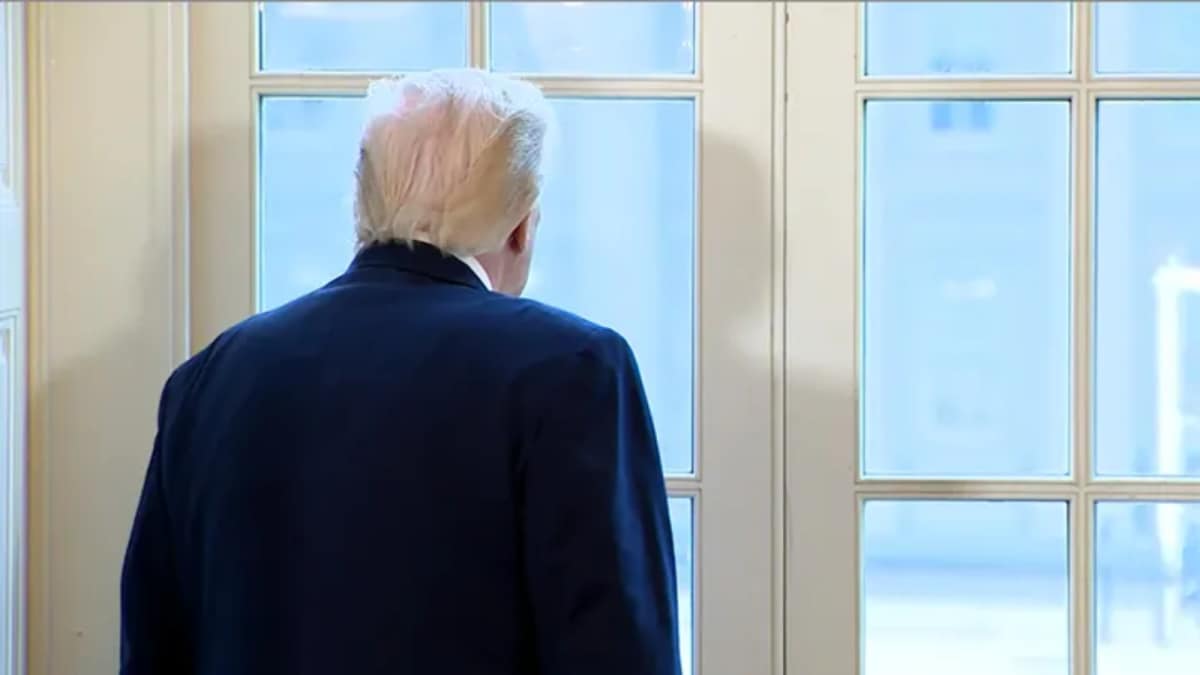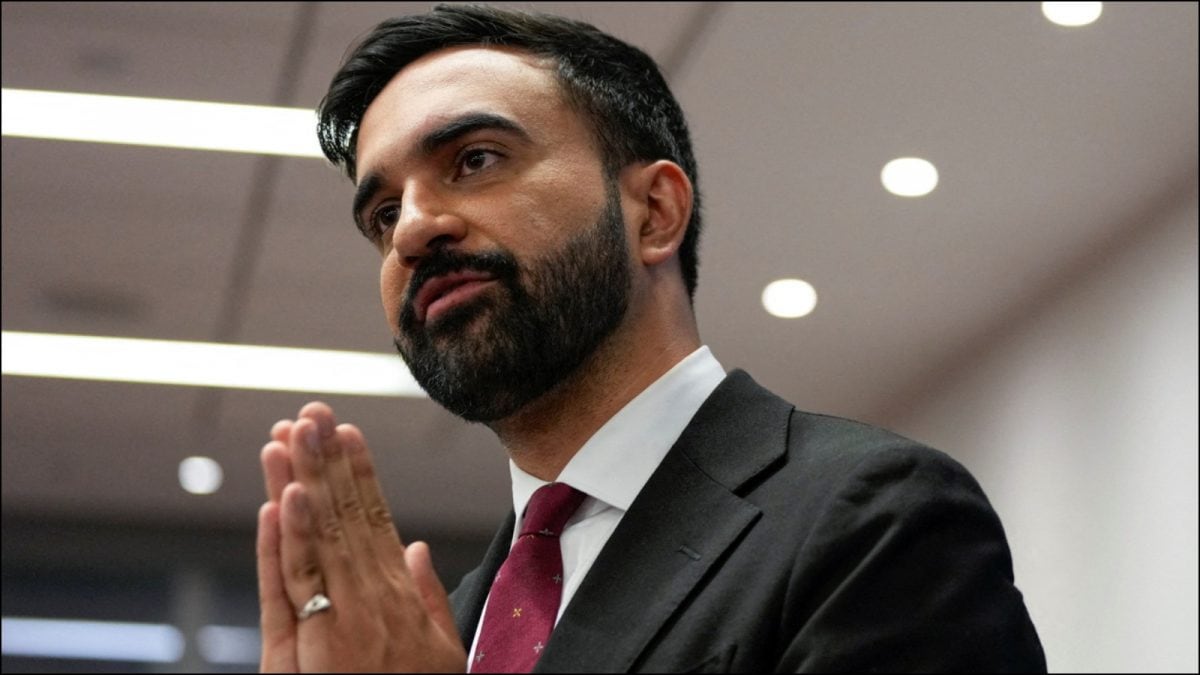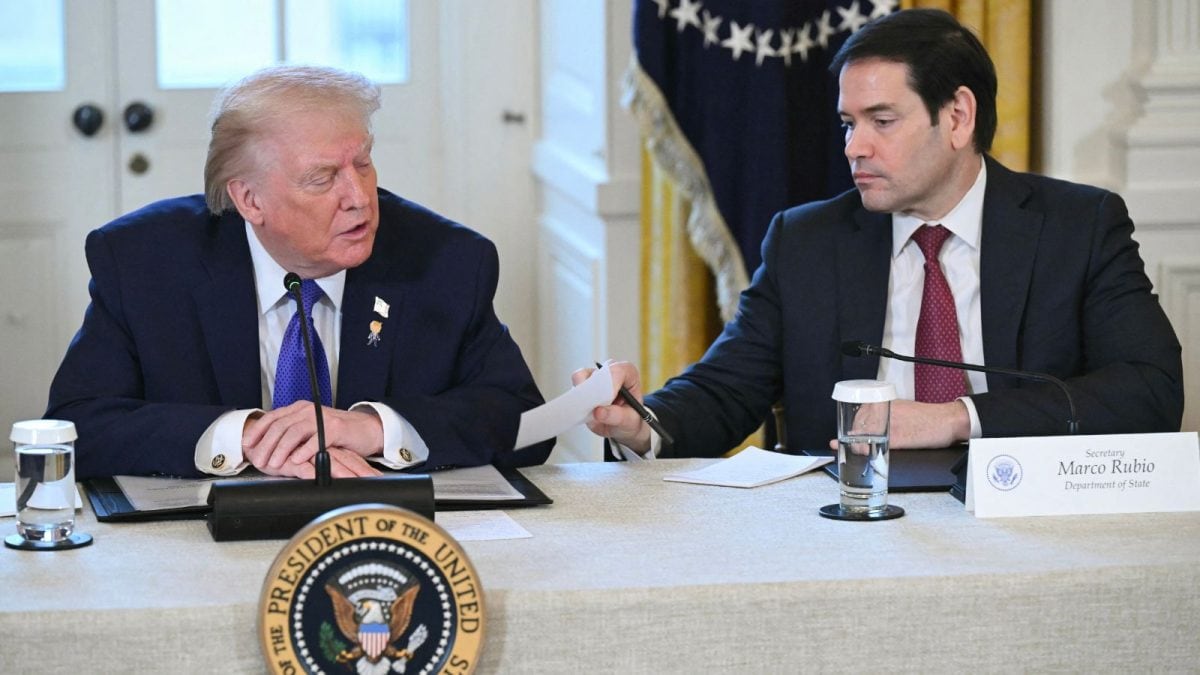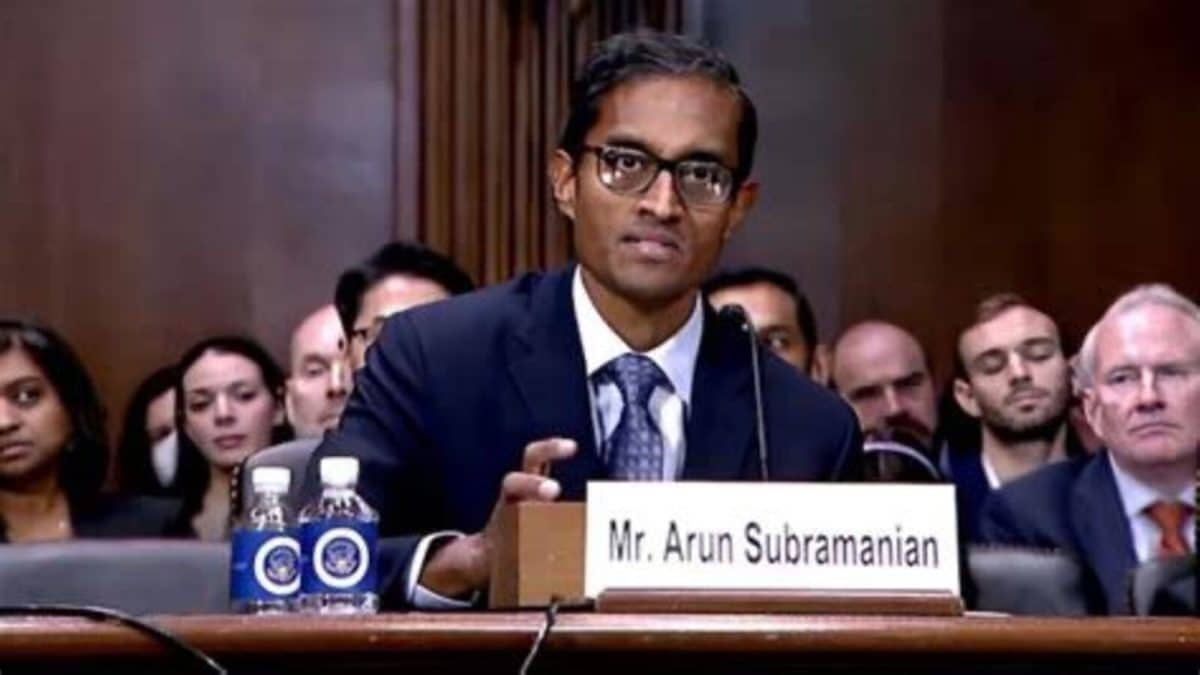Children under 16 should be banned from using social media unless their parents decide otherwise, the European parliament says.
MEPs passed a resolution on age restrictions on Wednesday by a large majority. Although not legally binding, it raises pressure for European legislation amid growing alarm about the mental health risks to children of unfettered internet access.
The European Commission, which is responsible for initiating EU law, is already studying Australia’s world-first social-media ban for under-16s, which is due to take effect next month.
In a speech in September, the commission’s president, Ursula von der Leyen, said she would watch the implementation of Australia’s policy. She spoke out against “algorithms that prey on children’s vulnerabilities with the explicit purpose of creating addictions” and said parents felt powerless against “the tsunami of big tech flooding their homes”.
Von der Leyen promised a panel of experts would be set up by the end of the year to advise on the best approach to protecting children.
Interest is growing in restricting children’s social media and smartphone access. An expert report commissioned last year by France’s president, Emmanuel Macron, said children should not be allowed to use smartphones until the age of 13 and social media, such as TikTok, Instagram and Snapchat, until they were 18.
Christel Schaldemose, the Danish Social Democrat MEP who drafted the resolution, told reporters that politicians needed to act to protect children: “It is not just parents. Society also needs to step up and make sure that platforms are a safe place for minors to be, but only if they are above a certain age.”
Her report called for the default disabling of addictive features on internet platforms when used by minors, such as infinite scrolling (endless content as the user scrolls down), videos that automatically play, excessive push notifications and rewards for repeated use of a site.
The resolution noted that “addictive design features are often inherent to the business model of platforms, notably social media”. An earlier draft of the Schaldemose report cited a study stating that one in four children and young people displayed “problematic” or “dysfunctional” smartphone use – behavioural patterns mirroring addiction. The resolution said children should be 16 before they could access social media, although parents could give consent from the age of 13.
The White House is urging the EU to roll back its digital laws and some supporters of a social media ban explicitly framed the vote in this context. At a meeting in Brussels on Monday, Howard Lutnick, the US commerce secretary, said EU rules on tech companies needed to be more “balanced” in exchange for lower US steel and aluminium tariffs.
Referring to Lutnick’s visit, Stéphanie Yon-Courtin, a French MEP from Macron’s party, said Europe was not “a regulatory colony”. In a statement after the vote, she added: “Our digital laws are not for sale. We will not back down on children’s protections because a foreign billionaire or big tech tells us to.”
The EU already seeks to protect internet users from online harms, such as disinformation, cyberbullying and illegal content, via its Digital Services Act. But the resolution said this law had gaps and could do more to protect children from addictive design features and online exploitation, such as financial incentives to become influencers.
Schaldemose said the act, which she co-authored, was strong “but we could go further, especially in areas of addictive design features and harmful dark pattern practices where we are not so specific, not so precise”.
skip past newsletter promotionafter newsletter promotion
Dark patterns refer to app or website design features to influence decision-making, such as countdown timers to encourage users to make purchases, or nagging requests to turn on location trackers and notifications.
Schaldemose’s resolution was adopted by 483 MEPs and opposed by 92, with 86 abstentions.
Eurosceptic MEPs criticised the plan, saying the EU would be overreaching if it banned social media access for children. “Decisions about children’s access must be taken as close to families as possible – in the member states, not in Brussels,” said Kosma Złotowski, a Polish member of the European Conservatives and Reformists group.
The resolution was passed only one week after the commission announced delays to changes to its Artificial Intelligence Act and other digital laws in a push to lighten regulation on companies in the name of “simplification”.
Schaldemose said she appreciated the need to avoid creating too many laws but added “there is a willingness to do more when it comes to kids and protection of our children in the EU”.

 1 month ago
1 month ago





